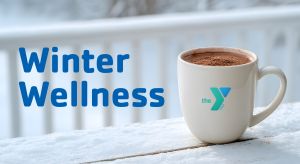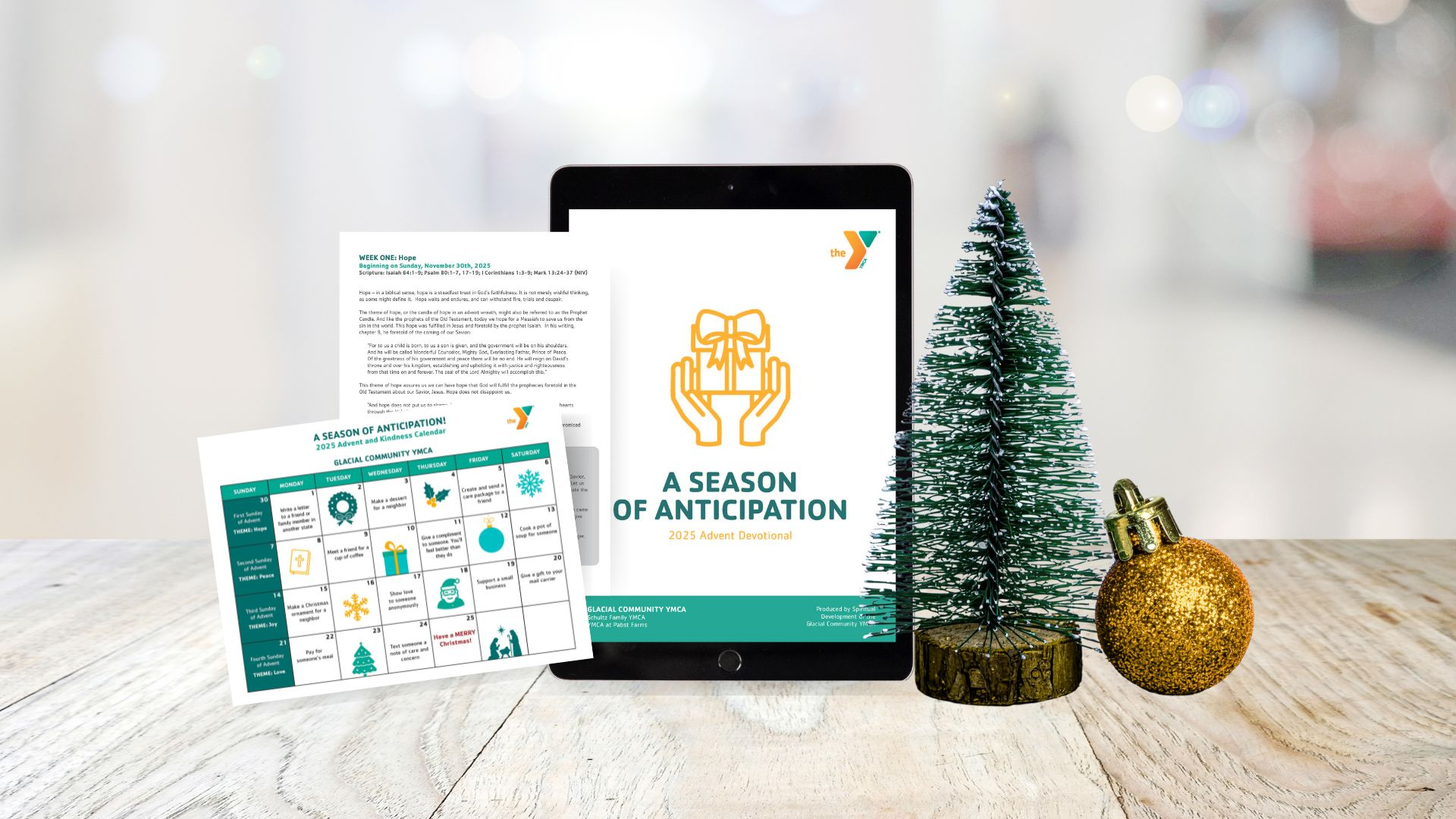Unlocking your full potential goes beyond sheer determination; it requires the right fuel. Whether you are a seasoned athlete striving for peak performance or a newcomer to the gym, this blog post will guide you through evidence-based nutrition principles to optimize your workout and accelerate recovery.
What to Eat Before a Workout:
Aim to eat a 200-250 calorie snack containing carbohydrates and protein 30-60 minutes before your workout. This powerful combination helps regulate blood sugar levels and keep your energy high for your workout.
Examples:
- 5-6 oz low-fat Greek yogurt with berries. Two Good yogurt offers a variety of tasty flavors with zero added sugar.
- 8 oz low-fat chocolate milk. This is an ideal option if you struggle to eat before a workout.
- ¼ cup dried fruit (e.g., dates, figs, apricots, raisins) with 1 oz nuts (e.g. almonds, walnuts, cashews).
- Toast topped with 1 Tbsp nut butter and ½ a banana, sliced.
What to Eat During a Workout:
For exercise lasting longer than an hour, aim to take in 30-60 grams of rapidly absorbed carbohydrates per hour. This helps maintain energy levels and avoid “bonking” or “hitting a wall.”
For exercise lasting less than an hour, you can rely on your body’s existing glucose and glycogen stores—no need for mid-workout fuel.
- Exception: For those engaged in high-intensity exercise lasting 30+ minutes or training in hot and humid conditions, research suggests mid-workout fueling can improve performance.
Examples:
- 8 oz homemade Sports Drink — see my blog post, Hydration Guidelines for Optimal Performance and Recovery, for the recipe. This DIY sports drink contains approximately 15 grams of carbohydrates per 8 oz.
- Honey Roasted Energy Bite (recipe provided). A single bite contains 15 grams of carbohydrates. Pair with 8 oz of sports drink for 30 grams of carbohydrates.
- 1 oz raisins: A convenient and portable snack to keep you going strong, 1 oz of raisins provides 30 grams of carbohydrates.
- Medium-sized Banana: Nature’s perfect energy bar! A medium banana offers 30 grams of carbohydrates, potassium, and other essential nutrients.
What to Eat After a Workout:
After a challenging workout, your body needs a combination of protein and carbohydrates. Think of carbohydrates as the fuel that replenishes your energy stores and protein as the repair crew that builds and strengthens your muscles. Both are essential.
Examples:
These post-exercise snacks provide the optimal ratio of protein to carbohydrate:
- 6 whole wheat crackers (e.g., Triscuit) with string cheese.
- 2 oz single-serve hummus or guacamole cup with 1 cup of baby carrots, celery, or sweet bell peppers.
- 8-16 oz of chocolate milk. This is an ideal option for those who struggle to eat after a workout.
- Apple slices with nut butter. Single-serve nut butter packets are convenient to keep in your gym bag or backpack.
- ½ cup dry-roasted edamame with ¼ cup dried fruit: Dry-roasted edamame is a rich source of plant-based protein. You can find dry-roasted edamame in the snack aisle of some grocery stores, or at nuts.com.
Important Note: Aggressive post-exercise fueling isn’t necessary if you are training at moderate intensity 2-3 times a week. Your regular meals will support recovery within 24-48 hours.
The Scoop on Protein Powder:
Proceed with Caution: Evidence on benefits and safety is shaky. A 2023 review found up to 30% of dietary supplements, including protein powder, contained banned substances.
Choose Wisely: When considering a protein supplement, prioritize products that undergo third-party testing for purity and safety. Look for verification seals from reputable organizations like NSF Certified for Sport and USP. Or, visit ConsumerLab, a website that reviews supplements’ purity and label claims and offers a list of Top 10 Protein Powders.
Food First Philosophy: Prioritize high-quality protein from whole foods. For insights on protein-rich whole foods and timing strategies, check out my blog post, How Much Protein Do I Really Need?
Ready to take your nutrition to the next level?
A Healthy Recipe: Honey–Roasted Bites by Sara Dow
Ingredients:
- 1 ½ cups honey-roasted or plain dry roasted peanuts
- 1 ½ cups Medjool dates, pitted (found in the produce section)
- ½ tsp fine sea salt (optional)
Preparation:
Combine ingredients in a food processor and blend until smooth. Roll into 1” balls. Store in the refrigerator for one week or in the freezer for up to three months.
Yield: 20 balls
Discover this Resource…
NCAA provides excellent nutrition fact sheets for student–athletes. Check out Fueling During Exercise, Fueling for Recovery, Eating on the Road, and Understanding Dietary Supplements. The last one is crucial for competition-bound athletes, as taking supplements contaminated with banned substances can result in disqualification and suspension.

About Sara Dow
Sara Dow is an ACE-certified Personal Trainer, Weight Management Specialist, and Fitness Nutrition Specialist. She holds a Bachelor of Science in Nutrition and Dietetics from Kansas State University and is currently pursuing her master’s degree in Human Nutrition through the University of Alabama. Sara is passionate about helping people improve their quality of life through the power of nutrition, exercise, and community.
Want to level up your nutrition? Register for a One-On-One Performance Nutrition Workshop with Sara. In this 60-minute session, Sara will provide evidence-based guidelines for pre- and post-workout nutrition specific to your goals, healthy recipes, and practical tips for incorporating real foods into your diet to support optimal performance and recovery. Click here to register today!
![[Glacial Community YMCA LOGO SQ]](https://recliquecore.s3.amazonaws.com/imgs/ymca_logos/named_y/blue_purple.png)
![[Glacial Community YMCA LOGO FULL]](https://s3.amazonaws.com/recliquecore/imgs/ymca_logos/named/blue_purple.png)




